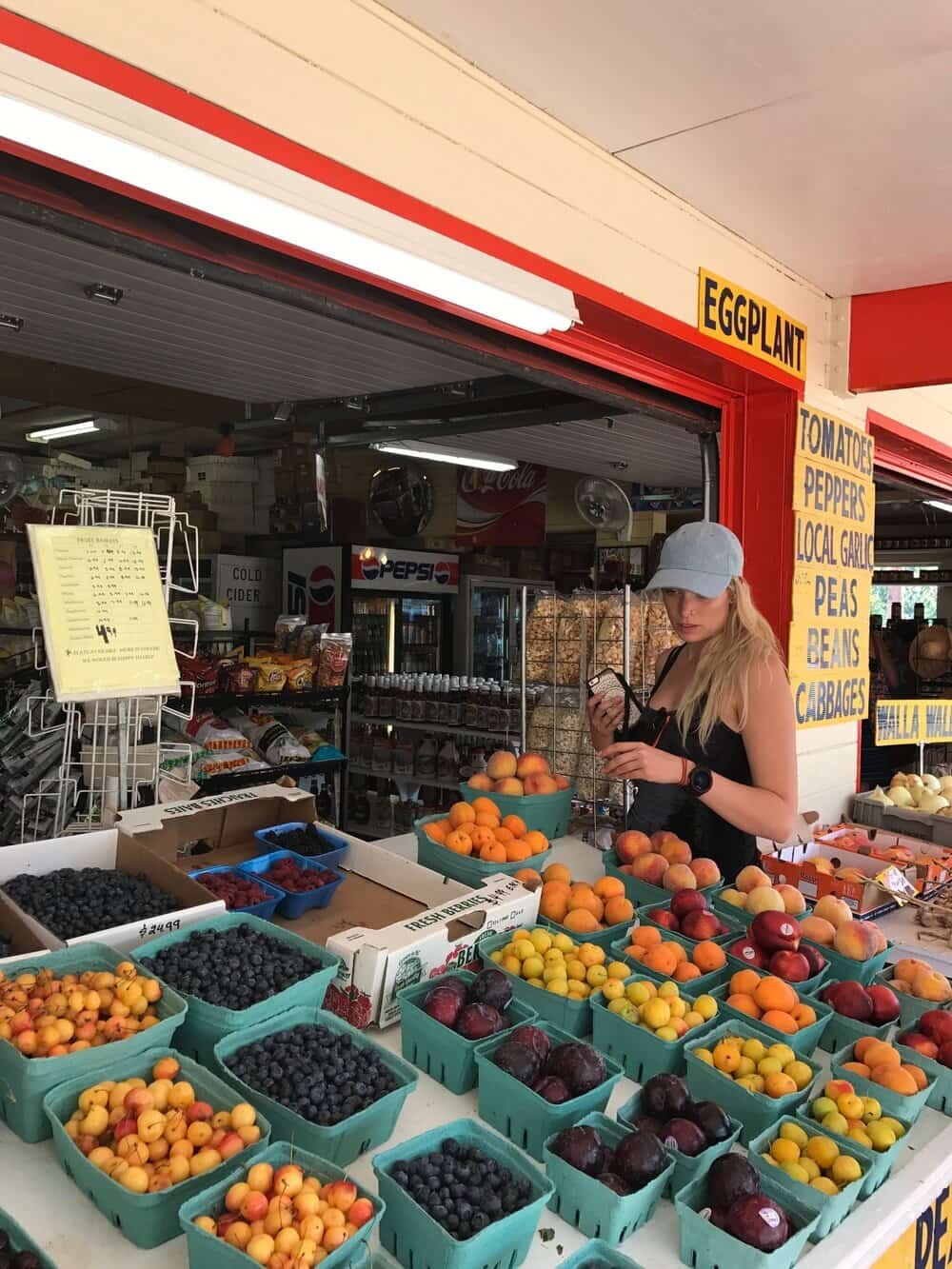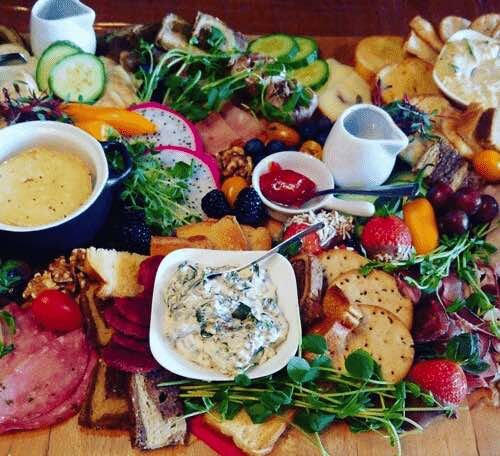Take the Slow Road in Fashion and Travel
Conscious by Default
We’ve been alternative shoppers and conscious consumers since before it was trendy. Being aware of our consumption and supporting a simpler lifestyle improves our well-being and that of those we share the planet with. When you feel good about how you live, life is better - making our support of slow fashion, travel, and food an obvious one.
We know living slow is not always practical, sometimes it’s inconvenient and perceived as more expensive. Often, we are forced to become “conscious by default”, having exhausted our options in a world that is too depleted to maintain our pace and our waste. Sometimes the return on our efforts and investment is not obvious.
Using methods like the “clean fifteen and dirty dozen” to plan our grocery lists, buying seasonal produce and frequenting restaurants in the shoulder season helps alleviate budget busts while supporting the local economy. Shopping second-hand, choosing quality over quantity, investing in sustainable packaging rather than single-use containers are budget and planet-friendly practices.
Staycations and local getaways provide increased opportunities for people to discover their sense of place along paths less travelled. It is when we are in tune with our community and aware of our space that we better understand the need to tread lightly on the land we’ve been loaned.
“We do not inherit the Earth from our Ancestors, we borrow it from our Children.”
Hidden Gems
Choosing slow fashion and sustainable travel are ways the Vagabonds commit to reducing our environmental footprint. We also believe that supporting the slow food movement is more than just good taste; it represents our desire to promote local purveyors of goodness in our community. Providing people with truly good suggestions regarding the best places to EAT, SIP and PLAY in the Valley is the main reason we founded Okanagan Valley Vagabonds, a movement focused on social responsibility.
Our farmers, chefs, wineries and craft industries create jobs. Ensuring these jobs provide equitable year-round employment makes local investment prudent - especially in an area impacted by the economic reality of seasonal tourism.
Shopping independent retailers where and when we can help grow a thriving economy that attracts businesses that create jobs year-round; jobs that interface with the values and attributes that make living in the Okanagan an all-season adventure.
“Do your little bit of good where you are; it’s those little bits of good put together that overwhelm the world.”
Taking the Slow Road Back
Socially irresponsible business and poor environmental practices are no longer acceptable bi-products of our race to keep pace with the latest runway trend, travel destination or fast food frenzy.
Catering to the growing number of people living on credit, companies have made a fortune selling instant gratification and disposable lifestyles that exceed the limits of people and planet. Quite the opposite of the responsible growth the world needs.
“Consumer pressure has resulted in significant shifts in business behavior but if we are to outpace the purchasing habits of on-line convenience shopping we need to understand what we are and are not saving. At the end of the transaction, is the price we pay more than we bargained for.”
The temptation to consume quantity over quality grows in the face of faster marketing, internet access and the promise of prime delivery. Only we can change the course of history by recognizing our role in “righting” it, in slowing it down.
More Than Poor Taste
Fashion is big business, churning out mass-merchandise from factories that pay workers less than a living wage while exposing them to toxins that are later released into the environment.
Our tolerance and addiction to the fast fashion industry are among the greatest threats to the
planet today. Keeping up with the Kardashians has us racing to slow down the damage done by the textile and fashion sectors that flood the media with $5.00 look-alike t-shirts guaranteed to change your life along with the lives of 7.7 billion people we share the planet with.
Fast fashion, is one of the world’s greatest contributors to global emissions and a front-runner in exasperating efforts to address the climate crisis. In recent years fast fashion has gained notoriety as the most glaring faux pas to ever grace the world stage.
So we ask, when is a bargain too high a price to pay? When we promote poverty through consumerism the true costs of a bargain are hidden in consequences not reflected on the tag - so now you know and the decision is yours to make. The hidden costs of indulgence are born by the planet, our children and those yet to come.
Brands that produce in a fair environment support living wages and source ethical materials passing costs onto the consumer rather than defaulting hidden costs onto the world's social systems. Purchasing a disposable t-shirt for five bucks is no different than promoting the use of plastic straws - someone, somewhere, has to pay.
“If consciousness is the catalyst for change then we need to teach, to compel, to promote consciousness at every level of society, at every level of consumption.”
A Shared World
The journey to sustainability is complex yet uncomplicated and honest to a fault. It’s about taking the slow road when we can, letting go of unreal expectations and accepting that living responsibly isn’t always convenient.
Living responsibly is more about doing what we can when we can than making resolutions for wholesale change. It’s about choosing the concessions we can make and measuring the consequence of our choices against the overall impact our lifestyle has on the planet.
Understanding we can’t solve the seemingly insurmountable challenges we face on our own is the beginning to solving them on a level of shared influence - as consumers, neighbours and citizens of the world.
“I did then what I knew how to do. Now that I know better, I do better.”






